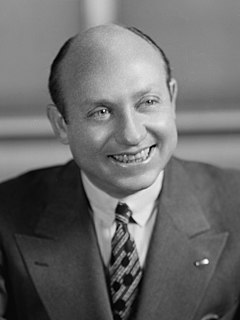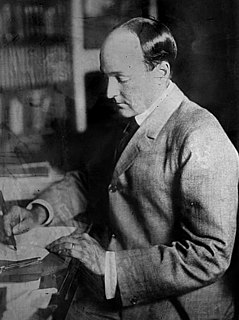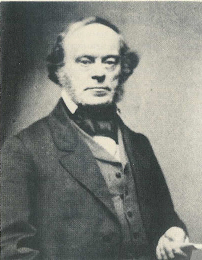A Quote by Jacob K. Javits
Birth and death are the most singular events we experience - and the contemplation of death, as of birth, should be a thing of beauty, not ignobility.
Quote Topics
Related Quotes
Birth leads to death, death precedes birth. So if you want to see life as it really is, it is rounded on both the sides by death. Death is the beginning and death is again the end, and life is just the illusion in between. You feel alive between two deaths; the passage joining one death to another you call life. Buddha says this is not life. This life is dukkha - misery. This life is death.
At physical death man loses his consciousness of the flesh and becomes conscious of his astral body in the astral world. Thus physical death is astral birth. Later, he passes from the consciousness of luminous astral birth to the consciousness of dark astral death and awakens in a new physical body. Thus astral death is physical birth. These recurrent cycles of physical and astral encasements are the ineluctable destiny of all unenlightened men.
When one existentially awakens from within, the relation of birth-and-death is not seen as a sequential change from the former to the latter. Rather, living as it is, is no more than dying, and at the same time there is no living separate from dying. This means that life itself is death and death itself is life. That is, we do not shift sequentially from birth to death, but undergo living-dying in each and every moment.
Everybody should do in their lifetime, sometime, two things. One is to consider death...to observe skulls and skeletons and to wonder what it will be like to go to sleep and never wake up-never. That is a most gloomy thing for contemplation; it's like manure. Just as manure fertilizes the plants and so on, so the contemplation of death and the acceptance of death is very highly generative of creating life. You'll get wonderful things out of that.

































